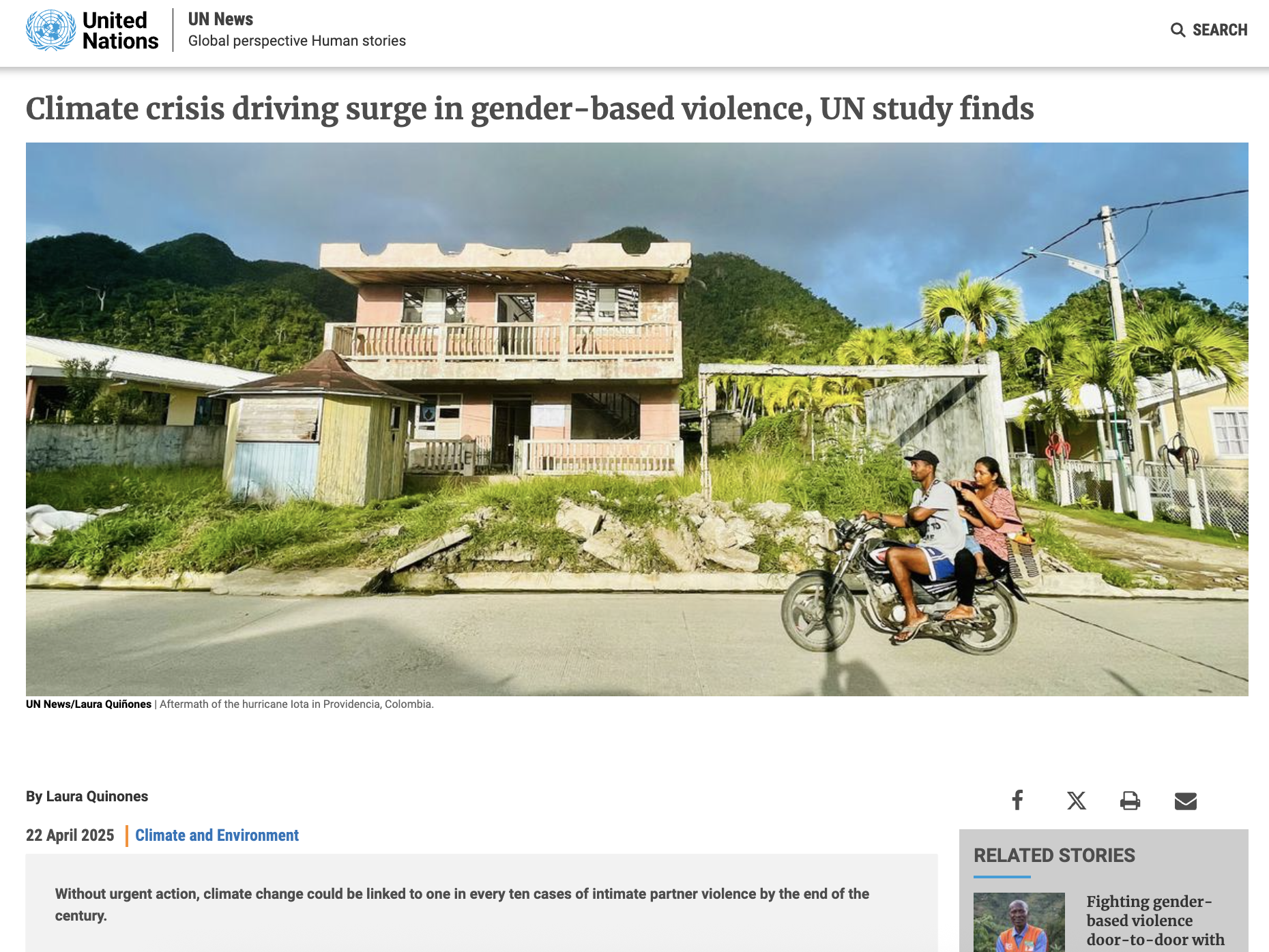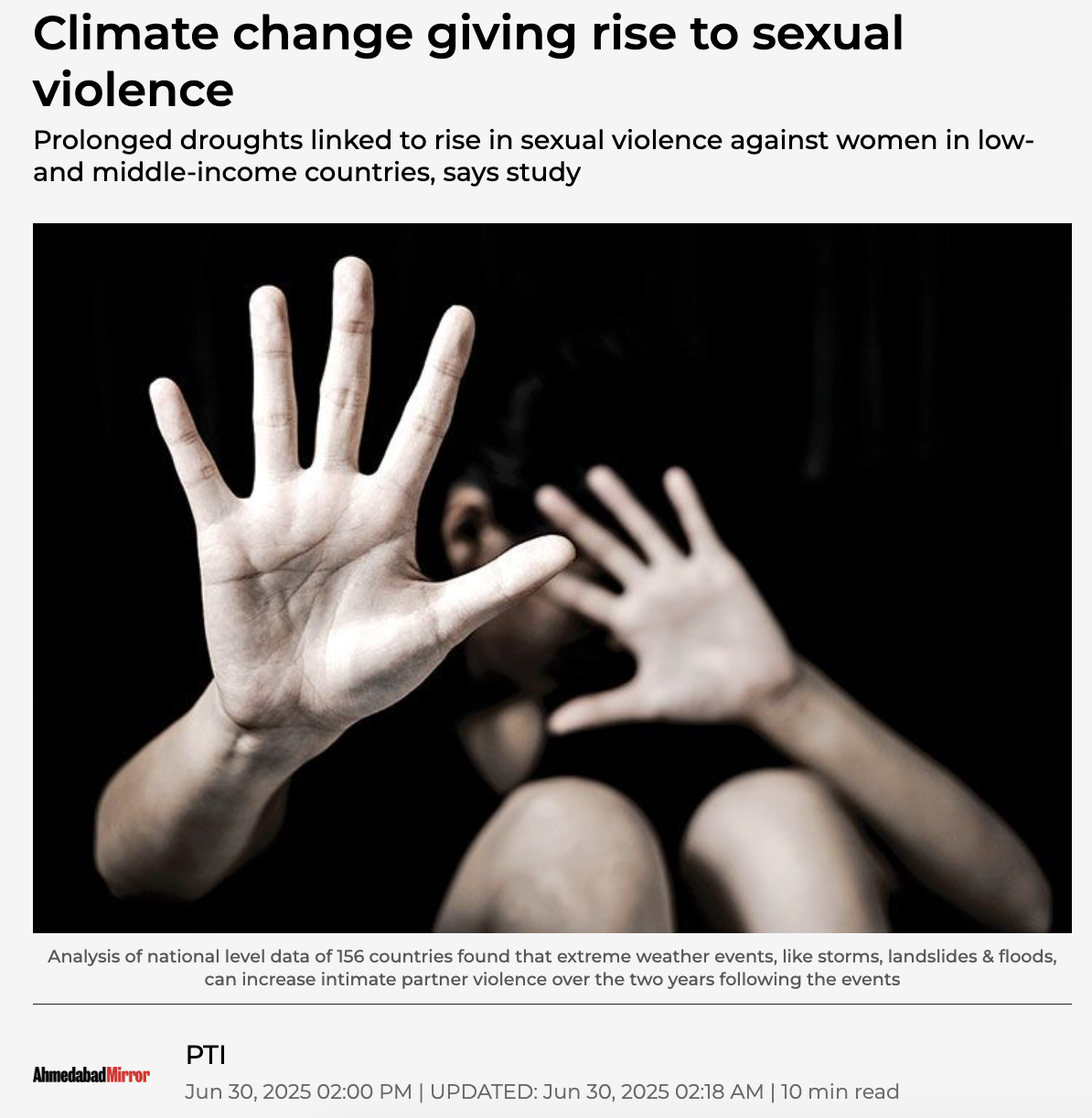https://www.theguardian.com/commentisfree/2019/mar/18/ending-climate-change-end-capitalism
Ending climate change requires the end of capitalism. Have we got the stomach for it?
Climate change activism is increasingly the domain of the young, such as 16-year-old Greta Thunberg, the unlikely face of the school strike for climate movement, which has seen many thousands of children walk out of school to demand that their parents’ generation takes responsibility for leaving them a planet to live on. In comparison, the existing political establishment looks more and more like an impediment to change. The consequences of global warming have moved from the merely theoretical and predicted to observable reality over the past few years, but this has not been matched by an uptick in urgency. The need to keep the wheels of capitalism well-oiled takes precedence even against a backdrop of fires, floods and hurricanes.
Today’s children, as they become more politically aware, will be much more radical than their parents, simply because there will be no other choice for them. This emergent radicalism is already taking people by surprise. The Green New Deal (GND), a term presently most associated with 29-year-old US representative Alexandria Ocasio-Cortez, has provoked a wildly unhinged backlash from the “pro free market” wing, who argue that it’s a Trojan horse, nothing more than an attempt to piggyback Marxism onto the back of climate legislation.
Right now we can, with a massive investment of effort by 2030, just about keep the warming level below 1.5C. This is “bad, but manageable” territory. Failing to put that effort in sees the world crossing more severe temperature barriers that would lead to outcomes like ecosystem collapse, ocean acidification, mass desertification, and coastal cities being flooded into inhabitability.
We will simply have to throw the kitchen sink at this. Policy tweaks such as a carbon tax won’t do it. We need to fundamentally re-evaluate our relationship to ownership, work and capital. The impact of a dramatic reconfiguration of the industrial economy require similarly large changes to the welfare state. Basic incomes, large-scale public works programmes, everything has to be on the table to ensure that the oncoming system shocks do not leave vast swathes of the global population starving and destitute. Perhaps even more fundamentally, we cannot continue to treat the welfare system as a tool for disciplining the supposedly idle underclasses. Our system must be reformed with a more humane view of worklessness, poverty and migration than we have now.
Unfortunately for our children, the people they have to convince of all this are the people who have done very well out of this system, and are powerfully incentivised to deny that it is all that bad. Already, Joke Schauvliege, a Belgian environment minister, has been forced to resign after falsely claiming that she had been told by Belgian state security services that “ghosts” behind the scenes were behind demonstrations in Belgium.
This conspiracism of the elite, these claims that genuine mass movement can’t possibly really exist and must be in some way being guided by agents provocateurs, is just one of the ways in which those currently running things have resorted to a kind of political gaslighting in an attempt to maintain their grip on power.
…
Many of today’s climate strikers won’t even be 30 by the time the 1.5C deadline comes around in 2030. They are asking us to consider a simple question: is their future worth more than preserving our reputations? What will our response to them be?
• Phil McDuff writes on economics and social policy



